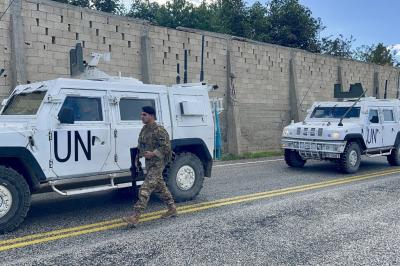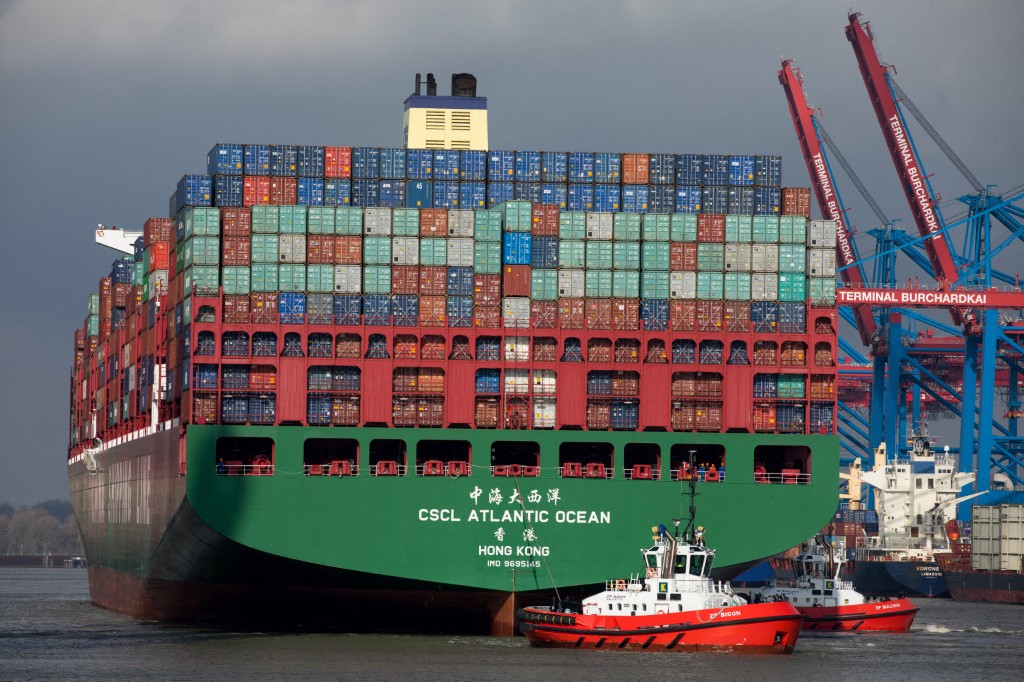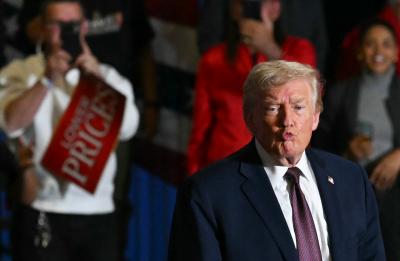Sino-US relations remain tense this weekend, with repercussions on both military and diplomatic levels.
Reversing his exorbitant tariff policy, President Trump is considering exempting certain sectors, such as the automotive industry, or maintaining 25% tariffs on foreign-made cars and parts. Trump suggested that negotiations were underway to reach an agreement, but China denied this rumor. The Chinese Commerce Minister simply reiterated that if the United States truly wanted to resolve this conflict, it should cancel all unilaterally imposed tariffs. Trump's comments were also refuted by the US Treasury Secretary, who revealed that no negotiations had yet begun. Meanwhile, since April 9, the US president has frozen tariffs on a number of countries in order to force them to "negotiate" in the coming weeks. It remains unclear what new tariffs Trump will impose on countries unable to reach an agreement with the United States, and whether these new tariffs will permanently replace the suspended reciprocal tariffs or simply serve as interim duties while negotiations continue. In the meantime, the United States maintains a universal 10% tariff on virtually all goods imported into the United States, as well as higher rates for certain products.
Trump's hesitation on tariffs has created considerable uncertainty for businesses and consumers. It has also shaken markets, sending US stocks and assets plummeting.
Internationally, major organizations have warned of a global economic slowdown, as Trump's import tariffs threaten to reshape global trade and redirect financial flows around the world.
The International Monetary Fund (IMF), for its part, has urged countries to swiftly resolve trade tensions, warning that escalating disputes threaten global economic stability and growth. The IMF recently lowered its global growth forecasts and raised its estimate of the risk of recession for the US economy from 25% to around 40%.
The Sino-US war also had military repercussions. The United States reopened a historic airfield on Tinian Island, a strategic location in the Pacific. This measure aims to improve military readiness and reduce vulnerability to China's developing missile capabilities.
Situation in the ASEAN Countries
Asian countries are adopting various strategies in response to escalating tensions between the United States and China, balancing their economic interests, regional security concerns, and diplomatic priorities.
Southeast Asian countries are striving to maintain a neutral stance and advocate for ASEAN's central role in regional affairs. Singaporean Prime Minister Lee Hsien Loong has emphasized that the region should not be divided into opposing camps, highlighting efforts to maintain good relations with the United States and China. Similarly, Malaysian leaders are focusing on regional integration and conflict mediation, while managing Sino-American tensions.
China continues to prioritize its relations with ASEAN countries, seeking to bring them closer through increased cooperation. President Xi Jinping's planned visits to several ASEAN countries in 2025 underscore China's desire to deepen these ties. This approach aims to counterbalance US influence in the region and preserve China's strategic autonomy.
Meanwhile, the American scene is in turmoil. A dozen U.S. states have joined in a lawsuit aimed at blocking the tariffs imposed by President Donald Trump. The lawsuit, filed with the U.S. Court of International Trade and led by the governor and attorney general of New York State, argues that the president lacked the authority to impose the taxes and emphasizes that the tariffs must be approved by the U.S. Congress.
Please post your comments on:
[email protected]
 Politics
Politics













